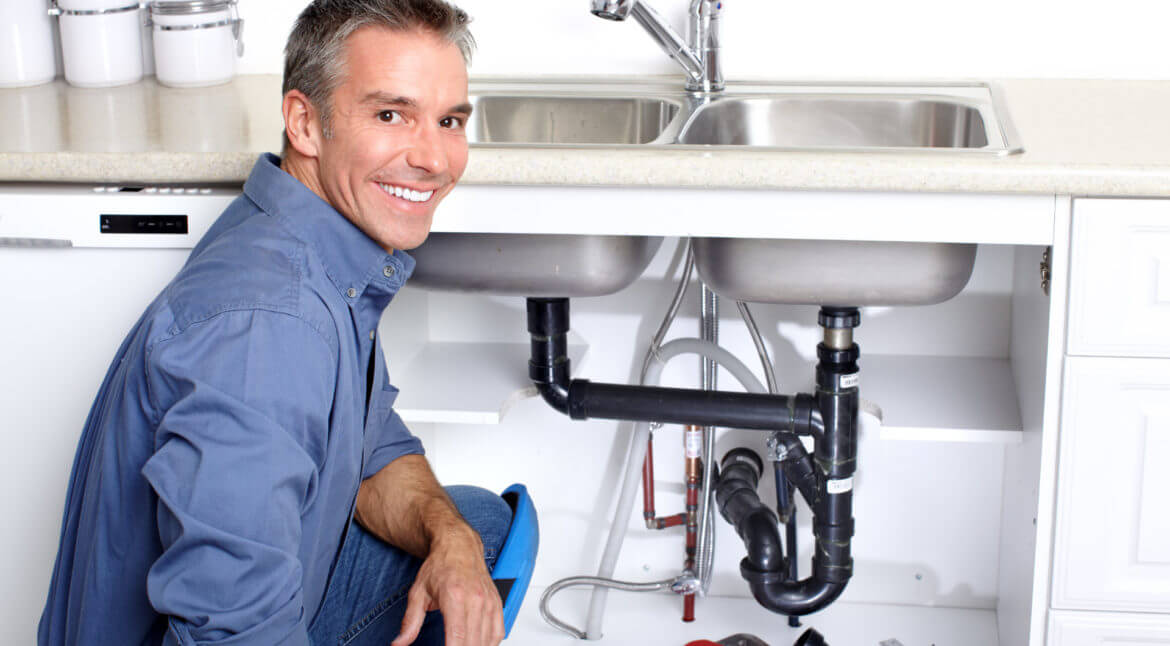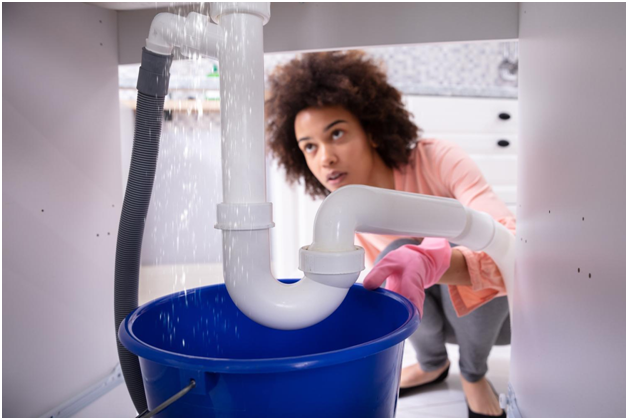Quick Solutions for Emergencies Until Help Arrives
Quick Solutions for Emergencies Until Help Arrives
Blog Article
How do you actually feel in relation to What to Do During a Plumbing Emergency?

Pipes emergency situations can strike any time, creating anxiety and prospective damages to your home. Whether it's a ruptured pipe, a blocked drain, or a leaky tap, recognizing just how to handle the circumstance up until a professional plumbing arrives can save you from further complications. This write-up gives crucial emergency situation pipes ideas to assist you reduce damage and regain control during a pipes situation.
Switch off the Water System
The primary step in any type of plumbing emergency situation is to shut down the water system. For localized issues, such as a dripping tap or bathroom, shut off the valve near the component. When it comes to a significant leak or burst pipeline, find your home's primary water shut-off valve and transform it off instantly. Knowing the area of these shutoffs ahead of time can conserve useful time during an emergency.
Address Small Leakages with Short-lived Solutions
Little leaks can rapidly become significant troubles if left uncontrolled. Utilize these short-term fixes until specialist aid shows up:
While these repairs aren't permanent, they can aid lessen water loss and damage.
Unclog Drains Securely
A blocked drain can be an irritating and untidy issue. Below's exactly how to tackle it:
If these methods don't function, stay clear of using too much force, as it might worsen the clog.
Manage Overflowing Toilets
An overruning toilet can trigger prompt turmoil. Here's what you ought to do:
Turn off Your Hot Water Heater
In particular emergencies, such as a burst pipeline, it's wise to shut off your hot water heater. This protects against overheating or damage to the system when water quits moving. Turn off the power supply to the water heater (electrical or gas) and allow it cool down to avoid prospective dangers.
Momentarily Stop a Burst Pipeline
A burst pipeline can bring about significant water damages in mins. To mitigate the problem:
Call a specialist plumber instantly to address the problem permanently.
Deal With Frozen Pipeline Meticulously
In cooler environments, frozen pipes are a typical emergency situation. If you presume an icy pipeline:
Prevent Further Damages
Taking fast activity to reduce damage can save you money and time in the future. Below's exactly how:
. Have an Emergency Pipes Set
Prepare a basic pipes emergency situation set to handle small issues successfully. Your kit needs to include:
Having these devices on hand can make a considerable difference in your capability to manage emergency situations.
Know When to Call a Professional.
While quick fixes can assist temporarily, specific pipes problems call for instant professional focus. Call a plumbing if:.
Promptly calling an expert ensures the issue is fixed appropriately and protects against further complications.
Final thought.
Plumbing emergency situations can be frustrating, yet with the right knowledge and tools, you can handle the circumstance successfully up until assistance shows up. By shutting off the water, resolving tiny leakages, and utilizing momentary repairs, you can reduce damage and keep your home safe. Bear in mind, these pointers are short-lived options; constantly speak with a certified plumbing professional to take care of the origin of the trouble. Prep work and fast reasoning are your finest allies in any type of plumbing emergency.
8 Helpful Tips for Managing Plumbing Emergencies at Home
If your plumbing system hasn’t failed once, wait for it because almost everyone has a story to tell. Sometimes, it could be simple emergencies such as a leaking pipe, a blocked cistern, or even a big burst pipe. In situations like this, you need to have some handy tips to save you some money and from possible damages.
Take care of minor issues early.
Sometimes, you could have avoided an emergency by taking proactive measures while it was still early. Some major plumbing emergencies can be a result of an ignored minor issue. We recommend that you have items like plumbing tapes and other related items. A plumbing tape can allow you to manage minor leaks before the plumber arrives.
Cut off the water supply.
This tip is essential in almost any type of leakage problem. For problems like minor leakages in the toilet or kitchen, turn off the supply that takes water to the affected pipes. If the leakage is a major pipe, you must shut off the supply valve to the entire building. This will help you avoid flooding your home and neighbors if you share a flat.
Know your plumbing system
Folks typically move into a new apartment without understanding the water supply around the building. This can prove disastrous if a water emergency arises and the plumber is far away. The previous tip will prove useless if you don’t practice this one. More importantly, know where your water shut-off valve is located – you’ll need that knowledge to prevent potential home floods.
Have some common handy tools
There are lots of plumbing emergencies that you can handle without hiring a plumber. That’s why you must keep some tools available always. Some tools that you can use to fix simple plumbing emergencies easily include plumbing tapes, screwdrivers, thread seal tapes, plungers, pliers, tape measures, and rubber gloves.
Insulate your pipes from cold
You’ll save yourself from many plumbing expenses if you protect your water pipes from the cold. This is because of the harmful effects that cold weather can have on your pipes. During winter, your pipes can burst from being overly expected to freezing temperatures. So, make sure insulators are there to keep the pipes working correctly.
Avoid practices that will clog your toilet.
Many people indulge in practices that can damage the plumbing system of the entire building. One of these is when they use their toilet to dispose-off garbage. They flush all kinds of things, such as paper towels, bandages, hairs, female sanitary products, etc., down the toilet. This will block your toilet in the long run, incurring unnecessary expenditures. Dump such waste in the trash instead.
Check your dials regularly.
Sometimes, there could be leakages in your home without noticing them in time. So, constantly monitor your water meter dial. If the dial is reading when there is nobody using water, this is an indicator that there is leaking. Check for leaks immediately. Call a plumber as soon as possible if you can’t find any.
https://www.constructionplacements.com/8-helpful-tips-for-managing-plumbing-emergencies-at-home/

I am just very eager about Plumbing Emergencies: Tips on What To Do Before and I really hope you enjoyed the blog entry. Enjoyed our post? Please share it. Help somebody else discover it. I appreciate your readership.
Schedule Service Report this page